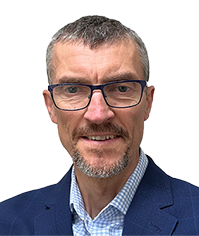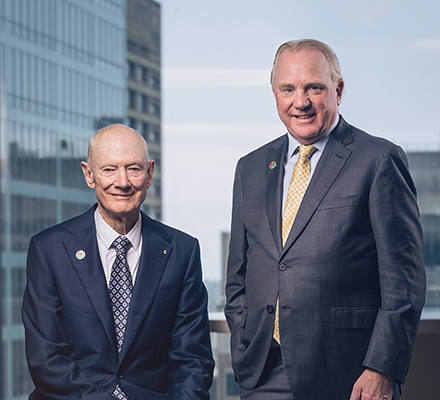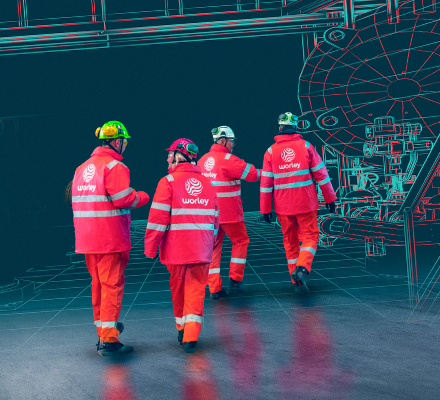Our people
Making sustainable transformation a reality, together
We want our people to be energized and empowered to drive sustainable impact. So, our focus is on a values-inspired culture that unlocks brilliance through belonging, connection and innovation.
We’re building a diverse, inclusive and respectful workplace. And continuing to embed a workplace culture where everyone feels they belong, is safe to be themselves, and their voices are heard.
And we're not just talking about it; we're doing it. We're reskilling our people, leveraging transferable skills, and supporting the transition of our workforce to become experts in today's low carbon energy infrastructure and technology.
Statistic Cards
of our graduate intake in FY24 were women
of our Board are women
digital and sustainability-related learning accreditations issued in FY23
So, what does that look like?
Our peer-to-peer recognition Appreciate program has seen over 32,000 recognitions so far. Our eLearning platform offers thousands of professional and self-development opportunities. Our people have completed over 26,200 learning modules so far. And we’ve issued 86,500 digital and sustainability-related learning accreditations in the last year.
Read our people stories

Andy Loose
Group Vice President, LNG

Mervyn Stevens
Vice President – Mineral Processing and Battery Materials

Dr Maryam MKhani
Director - CCUS Technology Integration

Paul Sullivan
Senior Vice President, LNG Americas

Purevsaikhan Dadam
Contracts Specialist
Snehal Karangle
Project Engineer, Global Integrated Delivery team



